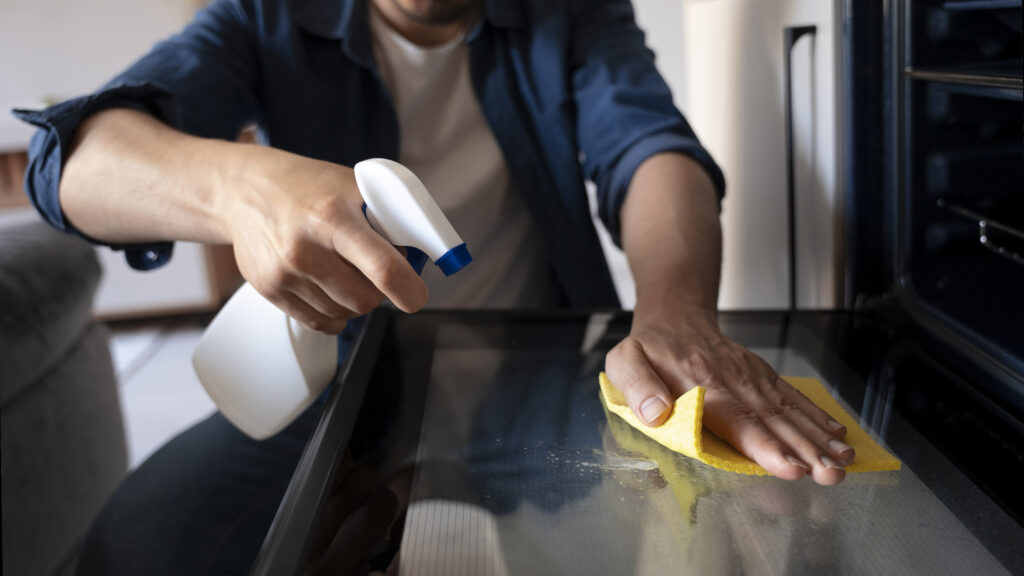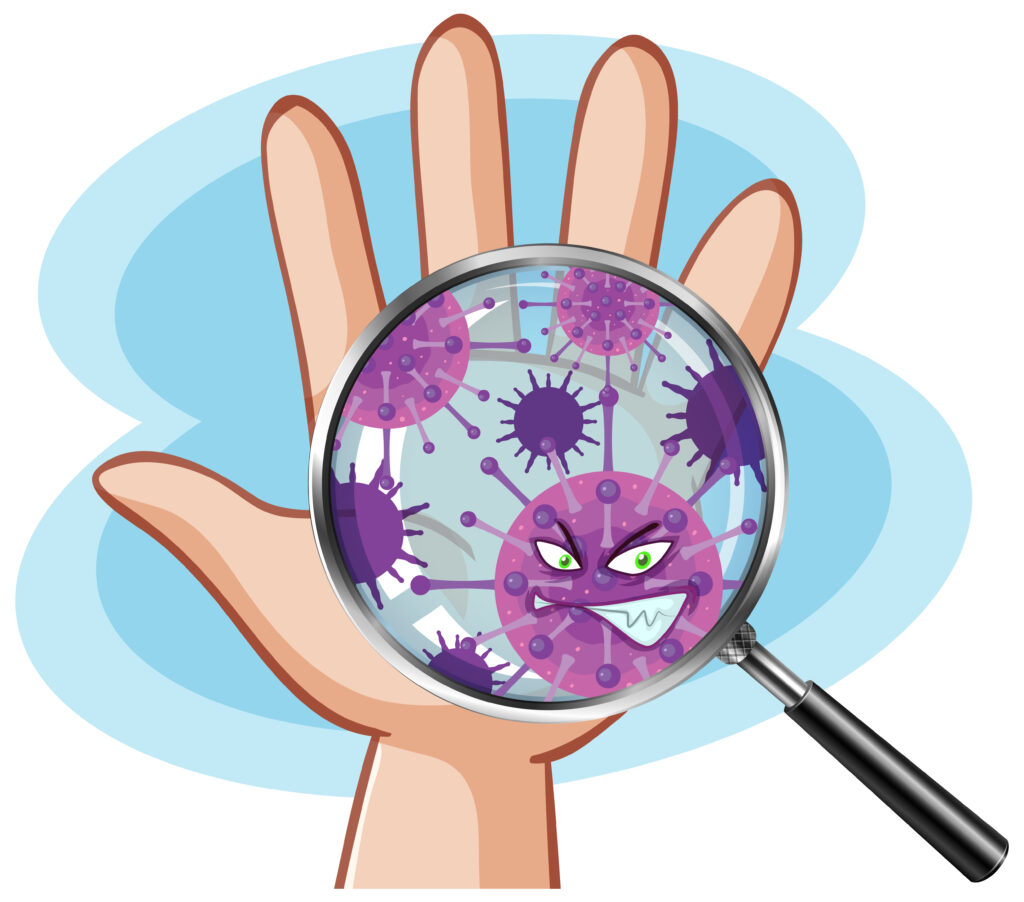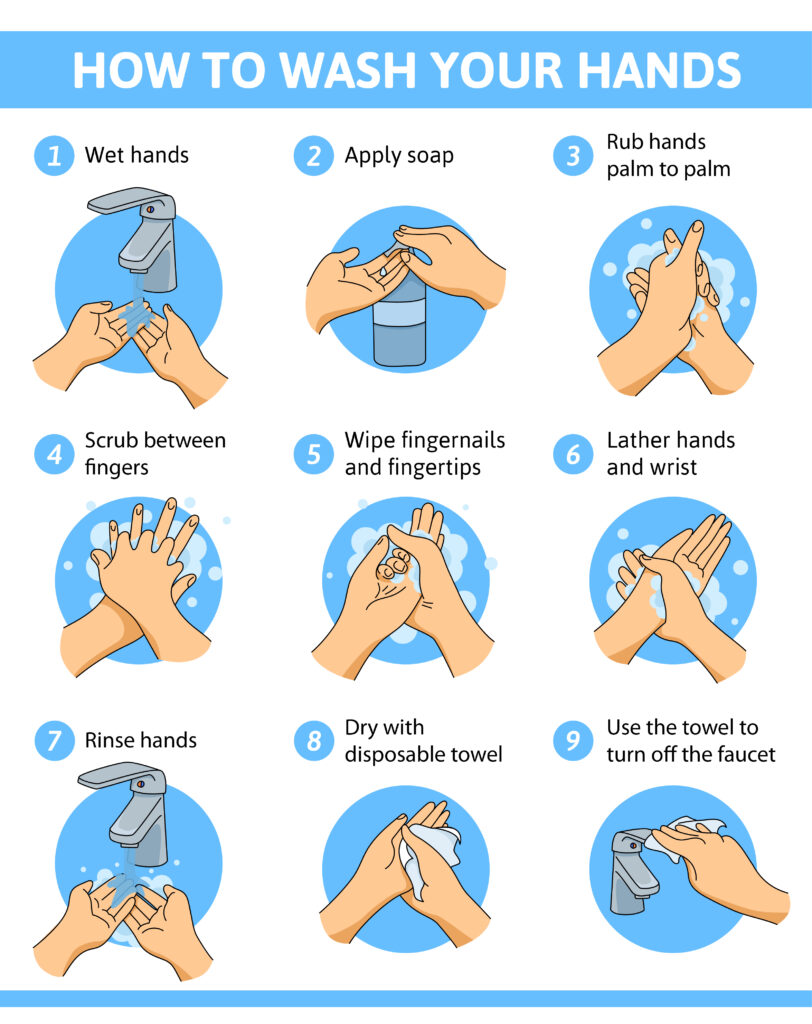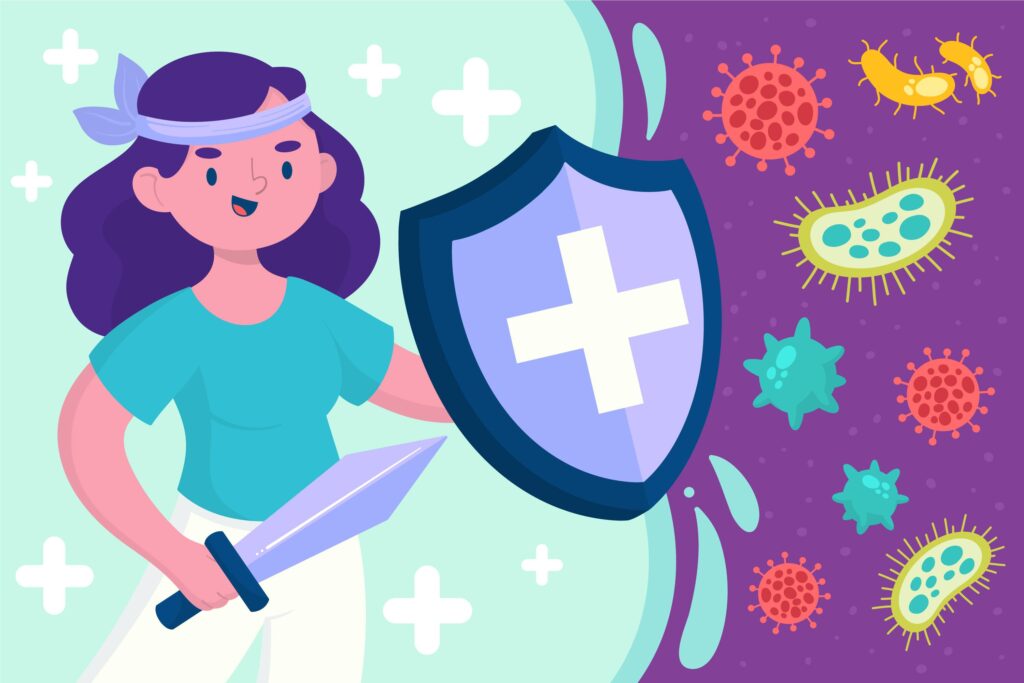
In this blog post, we will delve into the significance of proper handwashing before and after meals, shedding light on the importance of incorporating good hygiene habits into our daily routines. Through this discussion, we will explore various handwashing techniques, the role of personal hygiene in preventing illness, and the overarching benefits of maintaining clean hands for disease prevention and overall health and cleanliness. So, let’s dive in and understand why hand hygiene is crucial for our well-being.
- The importance of handwashing before and after meals
- Hygiene habits essential for disease prevention
- Techniques for effective handwashing
Importance of Handwashing Before Meals
Maintaining Clean Hands: One of the fundamental aspects of mealtime hygiene is ensuring that our hands are clean before we eat. Our hands come into contact with numerous surfaces throughout the day, picking up bacteria and germs along the way. By washing our hands before meals, we can significantly reduce the risk of transferring these pathogens to our food and, ultimately, into our bodies.
Proper Handwashing Technique: To effectively eliminate germs from our hands, it is essential to wash them properly. Start by wetting your hands with clean, running water. Then, apply soap and lather thoroughly, making sure to scrub all surfaces of your hands, including the backs, between the fingers, and under the nails. This process should take at least 20 seconds, after which you can rinse off the soap and dry your hands with a clean towel or air dryer.
Incorporating Handwashing into Daily Routine: Cultivating the habit of washing hands before meals is crucial for maintaining good hygiene practices. Encouraging children and adults alike to incorporate this simple yet powerful habit into their daily routine can go a long way in preventing illness and promoting overall well-being. By making handwashing a non-negotiable step before every meal, we can safeguard ourselves and our loved ones from harmful pathogens.
Effect on Disease Prevention: Consistent handwashing before meals plays a significant role in disease prevention. Many contagious illnesses, such as colds, flu, and foodborne illnesses, can be transmitted through contact with contaminated hands. By making hand hygiene a priority, we can break the chain of infection and reduce the spread of harmful germs in our communities.
Hygiene Habits for Overall Wellness: In addition to reducing the risk of illness, proper handwashing before meals is a fundamental part of maintaining personal hygiene. Clean hands not only protect us from infections but also promote overall wellness. By instilling hygienic practices like handwashing in our daily rituals, we demonstrate care for ourselves and those around us, fostering a culture of health and cleanliness.
Importance of Handwashing After Meals
Removing Food Residues: Just as crucial as washing hands before meals is the practice of handwashing after meals. After eating, our hands may have come into contact with food residues, oils, and other substances that can harbor bacteria. Washing hands after meals helps remove these residues and reduces the likelihood of cross-contamination or the spread of germs to other surfaces or individuals.
Preventing Foodborne Illnesses: Proper hand hygiene after meals is essential for preventing foodborne illnesses. Bacteria from leftover food particles can linger on our hands, potentially leading to digestive issues and other health problems if ingested. By washing our hands thoroughly after eating, we can eliminate these harmful microorganisms and protect our health.
Maintaining Cleanliness in the Kitchen: In addition to personal hygiene benefits, handwashing after meals contributes to the overall cleanliness of the kitchen environment. As we handle utensils, dishes, and food items during meal preparation and consumption, it is crucial to wash our hands afterwards to prevent the spread of germs and maintain a sanitary kitchen space.

Cultivating Hygienic Practices: Cultivating the habit of washing hands after meals reinforces the importance of hygiene practices in our daily lives. By consistently following this simple yet effective routine, we instill a sense of responsibility for our health and well-being. Encouraging family members and household members to uphold this practice fosters a culture of cleanliness and reinforces the value of maintaining good hygiene habits.
Promoting Overall Wellness: Handwashing after meals is not just about removing physical dirt and bacteria; it is also a symbolic act of cleansing and rejuvenation. By taking a few moments to wash our hands after eating, we signal a transition from one activity to the next, promoting mindfulness and self-care. This small yet significant gesture contributes to our overall wellness by reinforcing the connection between personal hygiene and holistic health.
Proper handwashing before and after meals is a cornerstone of good hygiene habits with far-reaching benefits for our health and well-being. By making hand hygiene a priority in our daily routines, we can significantly reduce the risk of illness, prevent the spread of disease, and maintain a clean and safe environment for ourselves and those around us. Whether it’s removing harmful bacteria before a meal or cleansing our hands post-meal to prevent contamination, each act of handwashing is a simple yet powerful step towards safeguarding our health. Let us remember that clean hands are not only a reflection of personal care but also a proactive measure in promoting overall wellness. So, let’s continue to prioritize hand hygiene and uphold the importance of cleanliness in our lives for a healthier future.



